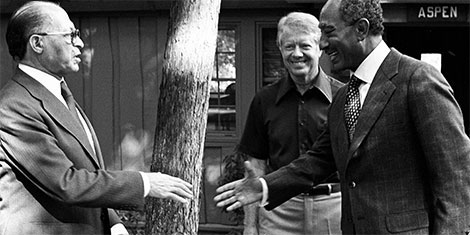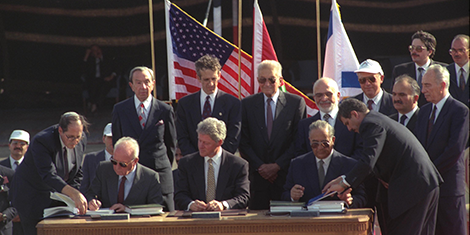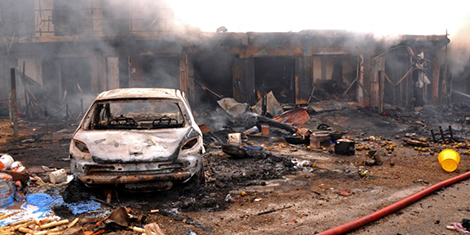
Mediation Perspectives is a periodic blog entry that’s provided by the CSS’ Mediation Support Team and occasional guest authors. Each entry is designed to highlight the utility of mediation approaches in dealing with violent political conflicts. To keep up to date with the Mediation Support Team, you can sign up to their newsletter here.
Personal qualities and “micro skills” in peace mediation[1]
“So many people want to join mediation teams without having worked on the micro-techniques of mediation. These may seem far removed from bringing warring factions together. It relates more to the normal management of human interaction in conflict. These techniques have to do with the way you hold yourself; the way you listen; and the way you recognize where people have a common interest (…)” Nicolas ‘Fink’ Haysom,[2] South African mediator in Burundi and Sudan and former UN Special Representative for Afghanistan.




